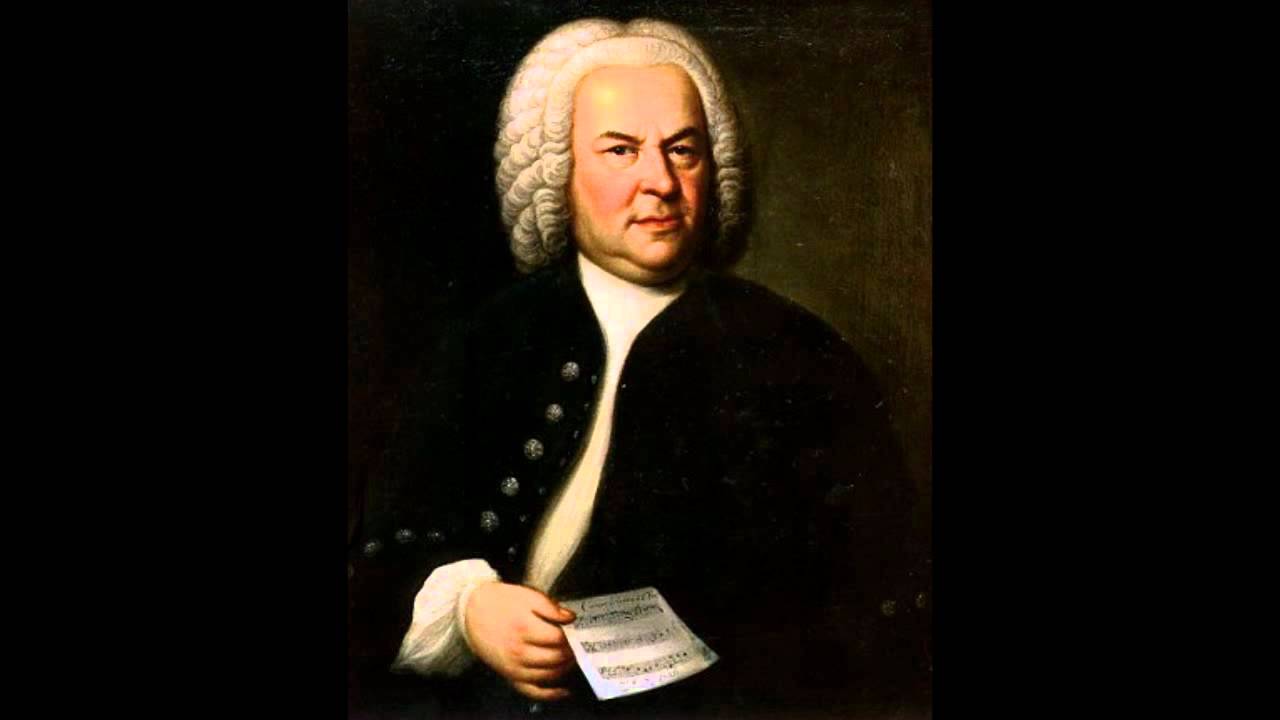Hello code-crackers,
Straight to the point. I’ve never been one to train my ear too much or transcribing melodies, let alone harmonies!
When I was okay at guitar I naturally picked up some skills and was able to transcribe plenty of stuff on the fly, although I never cultivated this ability and -to be frank- I never delved into any sort of super-shreddy lines.
That was then. Now I want to work on this hyper-important skill. One step at a time.
I’ve thought about getting started by transcribing memorable melodies.
For instance, yesterday I was working on Bach’s cantata 147. I’m thinking along the lines of doing more classical music first and then move on to modern focusing on chords and bass lines.
Can anyone steer me in the right direction? I don’t want to bite more than I can chew and lose motivation (which is what happens when I try to transcribe a guitar solo - I cant’ be bothered if there’s a reliable tab somewhere around, lazy me).
Looking forward to hearing your thoughts on the subject!


 ).
).